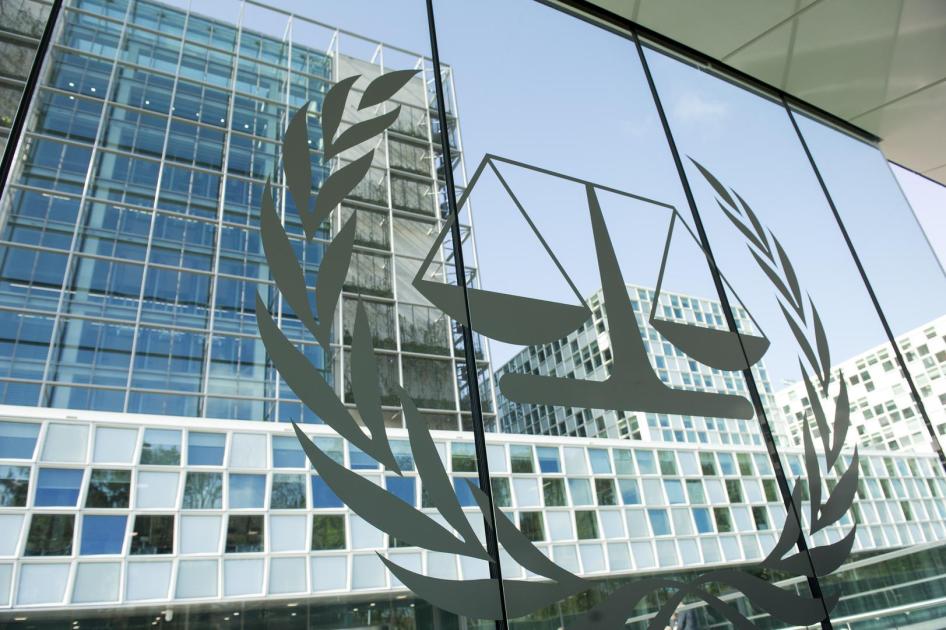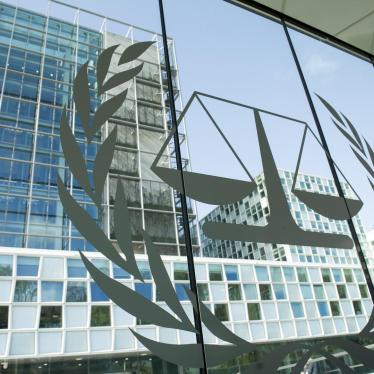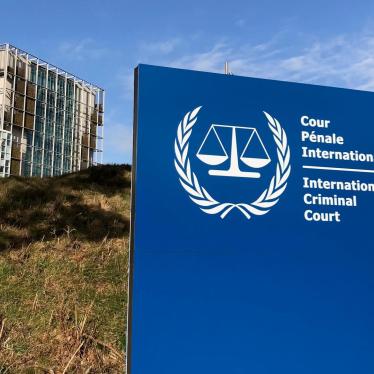Mr. President,
Coming at the end of the Rome Statute’s twentieth anniversary year, this Assembly session is occurring in difficult circumstances.
In Rome, the international community, in response to genocides in Rwanda and Srebrenica, created a court that could reach, wherever horrific crimes occurred, those from the most powerful countries as well as less powerful states.
The 20 years since have demonstrated both the necessity and the fragility of what was achieved.
Brutal human rights crises have proliferated. The horrors of the 20th century so clearly in mind in Rome have not, regrettably, diminished. Ongoing ICC investigations in Cote d’Ivoire and the Central African Republic, and investigations in Palestine and Afghanistan, as well as Syria, Myanmar, and North Korea indicate the vast need for justice the ICC seeks to provide. The court is not able to act everywhere, but by acting where it can, it signals the importance of accountability far beyond its own cases.
At the same time, the court continues to attract political threats from those who fear accountability. Threats by the Trump administration to undermine the court’s investigations and discredit its legitimacy come as no surprise. But there is a particular risk today that the deteriorating human rights climate will facilitate new, damaging efforts to thwart justice.
When the important work this court needs to do is juxtaposed against its fragility, that sounds a clarion call to action for this Assembly and court officials.
For the ICC to more fully succeed, states parties will need to clearly voice and act on their commitments. They will need to resist any effort to impede the court’s impartial and independent discharge of its mandate, and ensure the court has the necessary cooperation and resources. At this Assembly session, we urge states parties to reference this reality in plenary debates and the Omnibus resolution.
Simultaneously, court officials will need to deliver on their commitments to draw lessons, improve court performance, and correct shortcomings in the implementing of its mandate. Stronger investigations, more expedient proceedings, and a clear priority on communities most affected by the crimes are areas for focused attention. The ICC has a difficult job to do, but more can be done to close the gap between legitimate expectations for justice and the court’s delivery of it.
Together, a strengthened ICC firmly supported by its states parties will be more resilient to indefensible efforts to derail it. We call on this Assembly and court officials, in consultation with civil society, to develop a common understanding of the acute challenges and forge a commitment to address those challenges. This understanding will provide the basis to advance the Rome Statute system further in effectively delivering justice.









